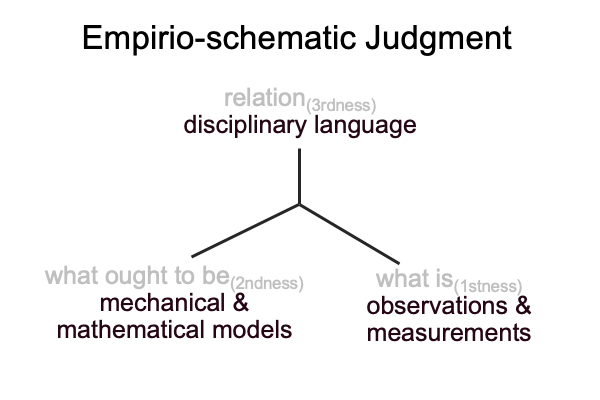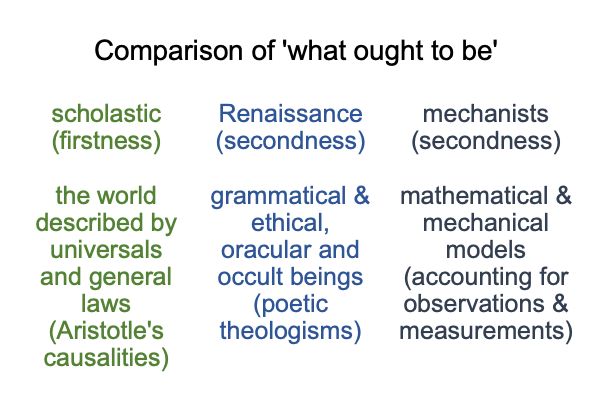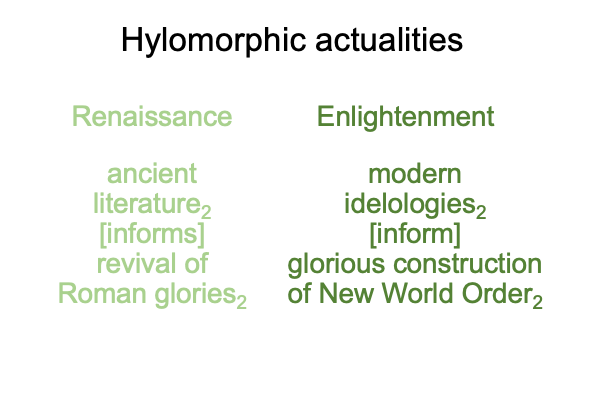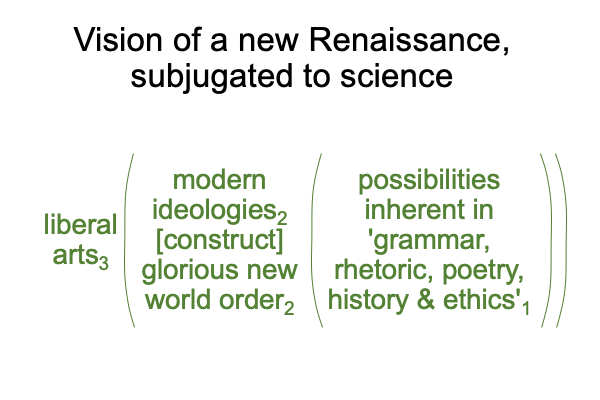Looking at Peter Redpath’s Essay (2000) “The Homeschool Renaissance” (Part 11 of 17)
0051 When I read pithy summaries of the rise of science in the 7400s (remember to subtract 5800 to get Anno Domini), the enemies of the mechanical philosophers are superstitious scholastics, clinging to their Aristotelian conviction that the Earth serves as the center of the universe.
The contest centers on mathematical models of planetary motion. The calculations are radically simplified when the Sun is taken to be the center of the system. Jesuits, always combative, attack the elegantly simple mathematical model.
0052 Redpath adds a crucial point. Renaissance humanists join the assault.
Ah, the mechanical philosophers have two foils, scholastic humbugs and Renaissance geniuses.
0053 Against these two establishment foils, mechanical philosophers, such as Rene Descartes (7396-7451), extend the concept from mathematics to mechanics. They propose (what turns out to be) the empirio-schematic judgment, which is derived in Comments on Jacques Maritain’s Book (1935) Natural Philosophy. Disciplinary language (relation, thirdness) brings observations and measurements (what is, firstness) into relation with mathematical and mechanical models (what ought to be, secondness).
0053 Here is a diagram.

0054 In the 7400s, the empirio-schematic judgment is not yet crowned a winner. Once crowned, it is set as a jewel in a larger triad, the Positivist’s judgment, the true paragon of authority in this Age of Ideas.
To me, this historical passage warrants a comparison among the scholastic judgment, the Renaissance judgment and the newly conceived empirio-schematic judgment.In particular, I want to compare one element: what ought to be.






